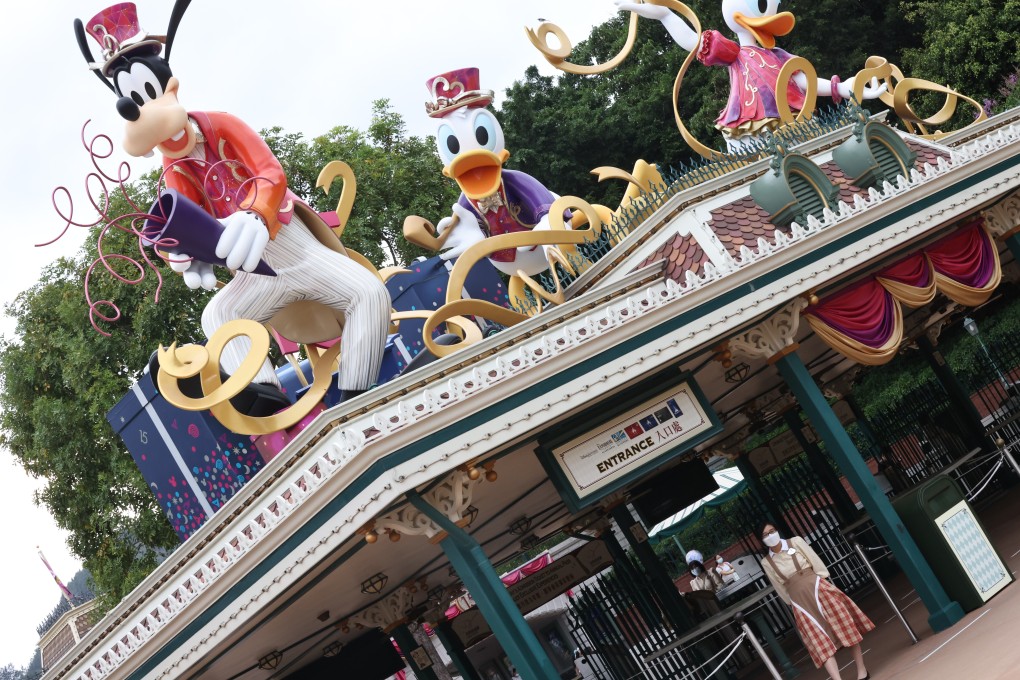Editorial | Time for reflection for Hong Kong Disneyland
- The theme park, part owned by the government, is bleeding cash and the stakeholders must take this ‘quiet’ time to forge a more sustainable path going forward

The Covid-19 pandemic coming on top of the 2019 anti-government protests has devastated some sectors of Hong Kong’s economy while leaving others relatively unscathed. Tourism and related industries have borne the brunt. Hong Kong Disneyland’s record HK$2.66 billion loss for the year ended last September is a graphic example. It can be attributed to relentless social-distancing rules and lockdowns here and abroad. During the reporting period, the theme park was closed for about 60 per cent of the time. Paid admissions slumped by 73 per cent year on year to just 1.7 million from 6.5 million. Local visitors made up about 75 per cent of the attendance, compared with 41 per cent in the previous year. The loss of spending by overseas tourists hurt the bottom line.
Hong Kong Disneyland is chronically unprofitable, the latest loss being the sixth year in succession. Only three years out of 16 have been profitable. Managing director Michael Moriarty revealed its parent company, Walt Disney, had provided a HK$2.1 billion revolving facility as working capital. The government says the park has no plans to ask it for a cash infusion.
Moriarty put a brave face on what he described as a “hazy” outlook. “Our financial numbers are a reflection of the nature and impact of the global pandemic and do not necessarily provide a meaningful reference for future potential,” Moriarty said.
To its credit, despite the downturn, the resort has pressed ahead with a HK$10.9 billion expansion drive that will continue until 2023. The flagship Castle of Magical Dreams was unveiled in November last year, and a new attraction based on the film Frozen is expected to open this year.
Meanwhile, risks remain that local patronage could fall when Hongkongers can travel and socialise normally again. The question is whether the park can recover or even boost its foreign visitor numbers. That is going to require some creative thinking. Disneyland has not lived up to the vision that initially inspired a massive investment of public funds. Disney and the government should use this quiet time to reflect on lessons of the past and forge a more sustainable path forward.
